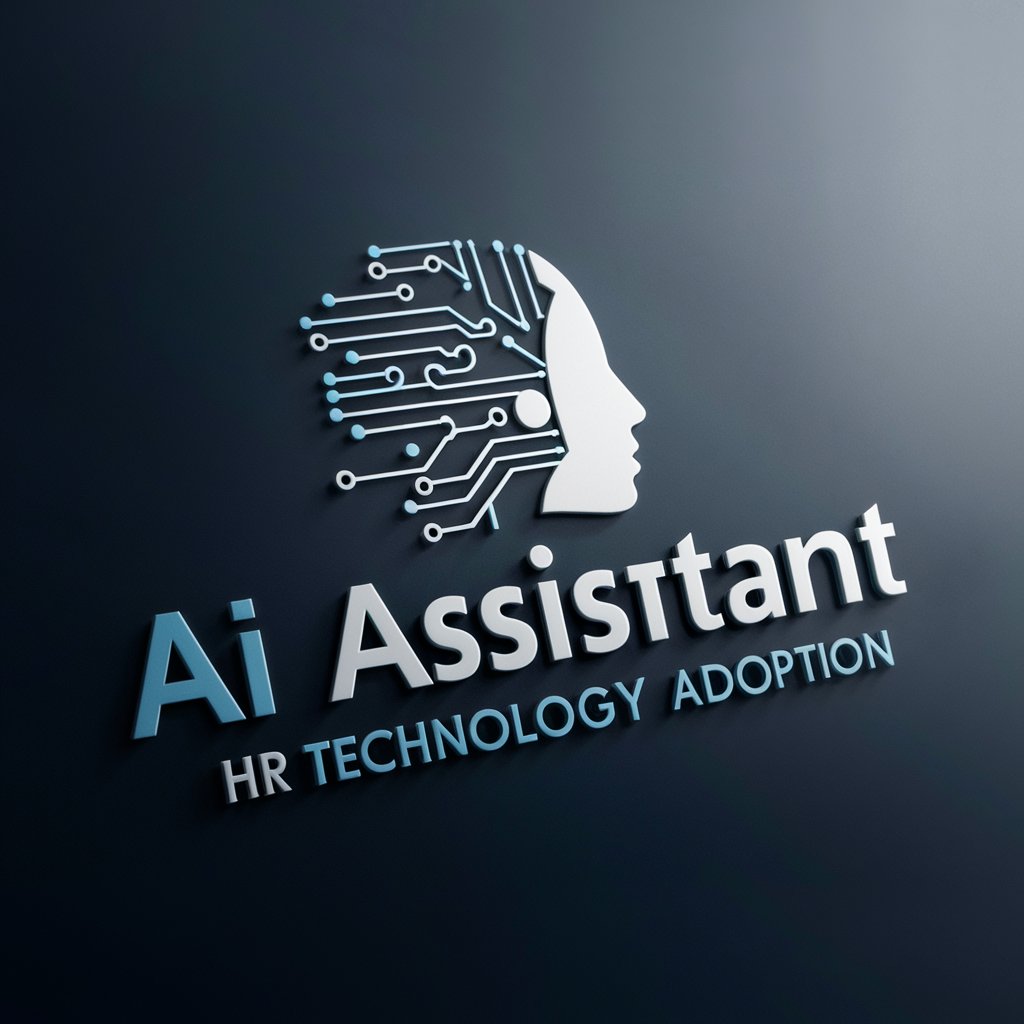4 GPTs for Implementation Planning Powered by AI for Free of 2026
AI GPTs for Implementation Planning refer to advanced Generative Pre-trained Transformer models designed to aid in the planning and execution of various tasks. These AI tools are crafted to understand and generate language-based outputs that assist in drafting, strategizing, and executing implementation plans. Their relevance lies in their ability to process large volumes of information, adapt to specific user needs, and offer strategic insights, making them invaluable for tasks requiring detailed planning and foresight.
Top 4 GPTs for Implementation Planning are: Oracle Fusion Cloud Applications Consultant,品牌侠,🛠️ HR Tech Adoption Orchestrator 🤖,BIM Mentor
Oracle Fusion Cloud Applications Consultant
Navigate Oracle Cloud with AI Expertise

品牌侠
Empowering brands with AI insights

🛠️ HR Tech Adoption Orchestrator 🤖
Streamlining HR Tech Integration with AI

BIM Mentor
Empowering AEC Professionals with AI-Powered BIM Expertise

Essential Attributes and Functions
AI GPTs tools for Implementation Planning boast a range of unique features that include natural language understanding and generation, adaptability to different planning scopes, and the ability to integrate with other software for comprehensive planning solutions. Special features might encompass language learning for global applicability, technical support for troubleshooting, web searching for data gathering, image creation for visual planning, and data analysis for informed decision-making.
Who Benefits from AI GPTs in Planning
The primary beneficiaries of AI GPTs tools for Implementation Planning include novices seeking guidance, developers looking for scalable solutions, and professionals aiming for efficiency in planning processes. These tools are designed to be accessible to users without programming skills, while also offering advanced customization options for those with technical expertise, making them versatile for a wide audience.
Try Our other AI GPTs tools for Free
Effective Meetings
Discover how AI GPTs for Effective Meetings transform meeting productivity with automated note-taking, action item tracking, and personalized summaries, tailored for professionals across sectors.
Team Support
Discover how AI GPTs for Team Support can transform your team's efficiency and collaboration. These AI tools offer customizable solutions for automating tasks, facilitating decision-making, and enhancing communication.
Copywriting Mastery
Discover the transformative power of AI GPTs in Copywriting Mastery. Tailored for creative and effective content generation, these tools redefine the art of persuasive writing, making them indispensable for marketers and content creators.
Workforce Strategy
Discover how AI GPTs for Workforce Strategy can revolutionize your talent management and organizational planning with adaptable, data-driven solutions.
Leadership Principles
Discover how AI GPTs for Leadership Principles can transform your leadership skills with personalized insights, scenario-based learning, and the latest trends.
Custom Components
Discover how AI GPTs for Custom Components revolutionize the creation, management, and integration of custom software solutions, offering tailored, intelligent support for developers and professionals.
Further Exploration into AI-Driven Planning
AI GPTs as customized solutions are revolutionizing planning across sectors by providing user-friendly interfaces and the ability to integrate seamlessly with existing systems. Their adaptability and the broad range of functionalities make them ideal for enhancing efficiency, strategic depth, and execution in implementation planning.
Frequently Asked Questions
What exactly are AI GPTs for Implementation Planning?
AI GPTs for Implementation Planning are AI-driven tools that leverage generative pre-trained transformers to assist in the development and execution of plans. They are designed to understand and generate language outputs that facilitate strategic planning and implementation tasks.
How can AI GPTs tools adapt to my specific planning needs?
These tools use advanced algorithms to understand the context and specifics of your planning requirements, allowing them to generate tailored advice, strategies, and documents that align with your objectives.
Do I need coding skills to use these AI GPTs tools?
No, AI GPTs tools are designed to be user-friendly and accessible to those without any coding background, offering intuitive interfaces and guided processes.
Can developers customize these AI GPTs tools?
Yes, developers can leverage the underlying APIs and programming interfaces to customize and integrate the tools within larger systems or workflows for more specialized applications.
What makes AI GPTs for Implementation Planning unique?
Their ability to process and generate language-based insights tailored to specific planning contexts, alongside features like technical support and integration capabilities, sets them apart.
How do AI GPTs tools support decision-making in planning?
By analyzing vast amounts of data and generating insights, these tools provide evidence-based recommendations, making the decision-making process more informed and strategic.
Can these tools integrate with existing planning software?
Yes, many AI GPTs tools are designed with the capability to integrate with existing planning and project management software, enhancing their functionality and the comprehensiveness of planning solutions.
What are the limitations of AI GPTs in Implementation Planning?
While highly versatile, these tools may require customization for highly specialized fields and rely on the quality of input data to generate useful outputs, highlighting the importance of accurate and comprehensive data.